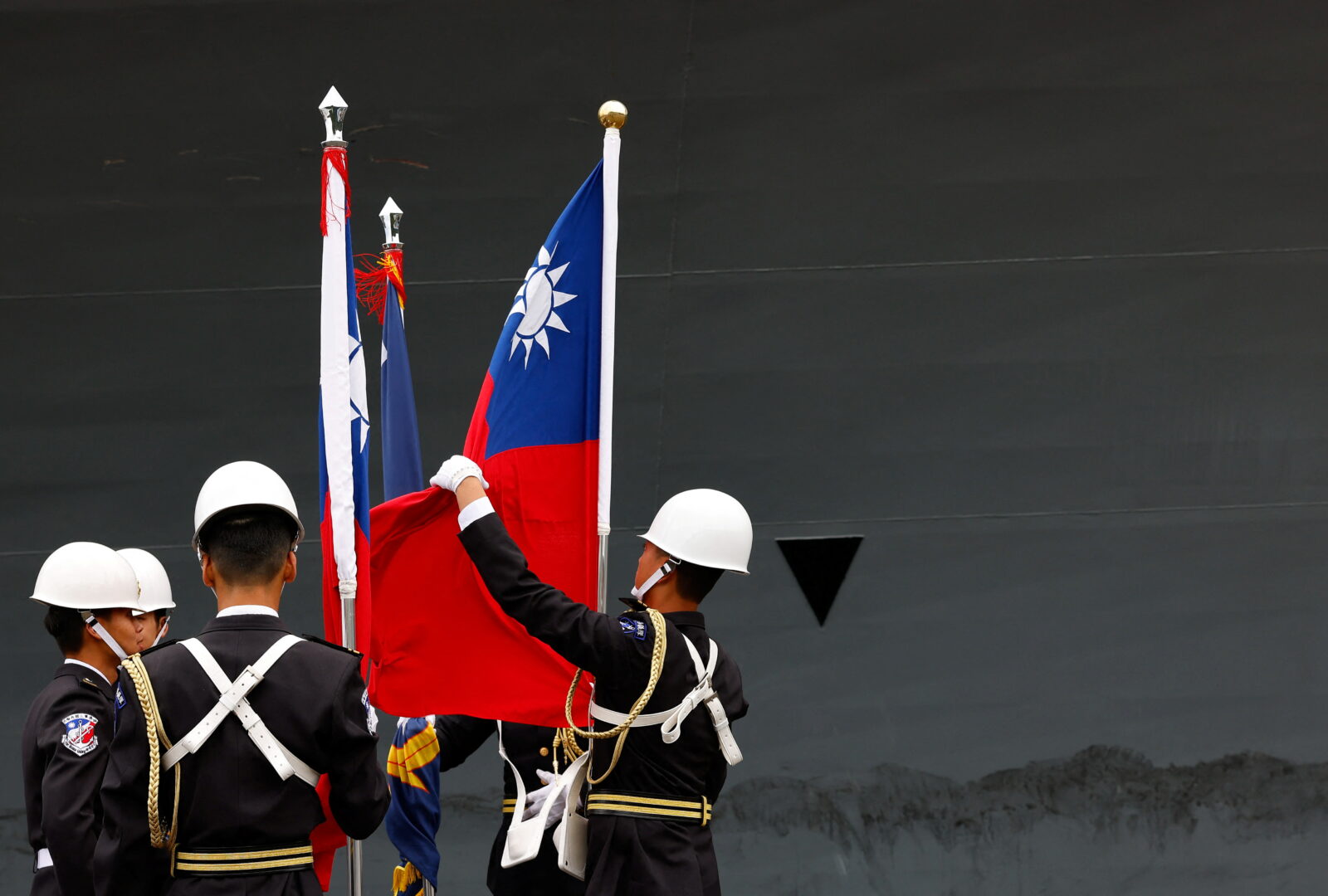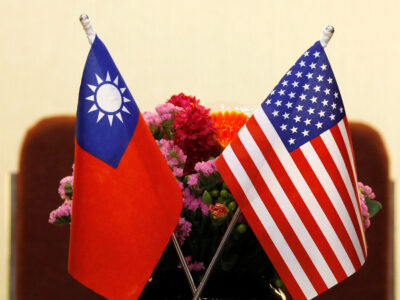Preventing Taiwan War: Is Strategic Ambiguity Still Working?
Despite uncertainty in the Trump administration’s China policy, dangerous trends across the Taiwan Strait continue to raise the chance of crisis. Tensions are deepening in the overall U.S.–China relationship, and the credibility of Washington’s One China policy and Beijing’s support for peaceful unification is mutually eroding. While China continues to expand its military capabilities and intimidate Taiwan, the U.S. is keen to mobilize its regional alliances to enhance warfighting against China.
These developments raise the question of whether the longstanding U.S. policy of strategic ambiguity, which contains the possibility of U.S. military intervention to defend Taiwan against China, remains the best approach to preventing war over the island.
Quincy Institute senior research fellow Michael Swaine recently published two policy briefs arguing that Taiwan is not a sufficiently vital interest for the United States to go to war over. He contends that Washington should begin transitioning to a policy beyond strategic ambiguity — a new approach that seeks to enhance support for Taiwan but rules out the possibility of joining a war over the island.
To discuss the advantages and disadvantages of such a significant change in policy, the Quincy Institute held a webinar featuring Swaine, Eric Heginbotham, principal research scientist at MIT’s Security Studies Program, and Bonnie Glaser, managing director of German Marshall Fund’s Indo-Pacific Program. Jake Werner, director of Quincy Institute’s East Asia Program, moderated.
Program
Entities
Panelists
Michael D. Swaine is a senior research fellow in the Quincy Institute’s East Asia Program and is one of the most prominent American scholars of Chinese security studies. At the Carnegie Endowment for International Peace, he worked for nearly twenty years as a senior fellow specializing in Chinese defense and foreign policy, U.S.-China relations, and East Asian international relations. Before that, Swaine served as a senior policy analyst at the RAND Corporation. Swaine has authored and edited more than a dozen books and monographs and many articles, papers and opinion pieces, including A Restraint Approach to U.S.-China Relations: Reversing the Slide Toward Crisis and Conflict” (2023), with Andrew Bacevich.

Eric Heginbotham
Eric Heginbotham is a principal research scientist at MIT’s Security Studies Program and a specialist in Asian security issues. Additionally, he is the co-director of SSP's Wargaming Lab. Before joining MIT, he was a senior political scientist at the RAND Corporation, where he led research projects on China, Japan, and regional security issues. Prior to that he was a Senior Fellow of Asian Studies at the Council on Foreign Relations. Heginbotham is a co-editor, "China Steps Out: Beijing’s Major Power Engagement with the Developing World" (Routledge, 2018), a co-author of "Chinese and Indian Strategic Behavior", and was the lead author of "China’s Evolving Nuclear Deterrent" (RAND, 2017) and "U.S.-China Military Scorecard"(RAND, 2015).

Bonnie Glaser
Bonnie S. Glaser is managing director of GMF’s Indo-Pacific program. She is also a nonresident fellow with the Lowy Institute in Sydney, Australia, and a senior associate with the Pacific Forum. She is a co-author of "US-Taiwan Relations: Will China's Challenge Lead to a Crisis" (Brookings Press, April 2023). She was previously senior adviser for Asia and the director of the China Power Project at the Center for Strategic and International Studies. Glaser has worked at the intersection of Asia-Pacific geopolitics and US policy for more than three decades. Prior to joining CSIS, she served as a consultant for various U.S. government offices, including the Departments of Defense and State.
Jake Werner is director of the East Asia Program at the Quincy Institute. His research examines the emergence of great power conflict between the US and China and develops policies to rebuild constructive economic relations. Prior to joining Quincy, Jake was a Postdoctoral Global China Research Fellow at the Boston University Global Development Policy Center, a Harper-Schmidt Fellow at the University of Chicago, a Fulbright Scholar at National Chiao Tung University in Taiwan, and a Fulbright-Hays Fellow at East China Normal University in Shanghai. He received his Ph.D. in history from the University of Chicago.






